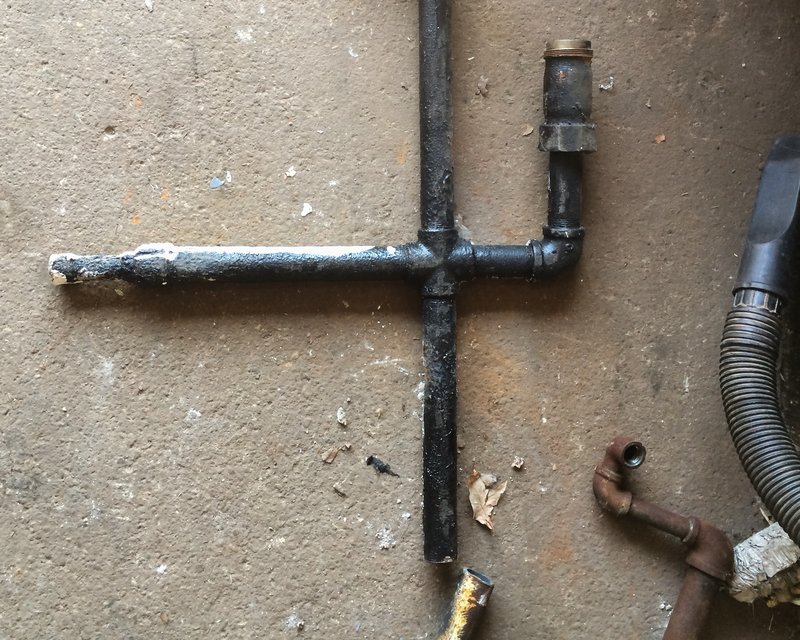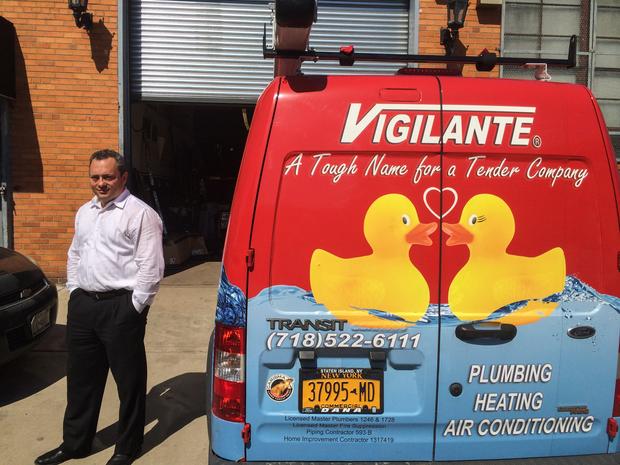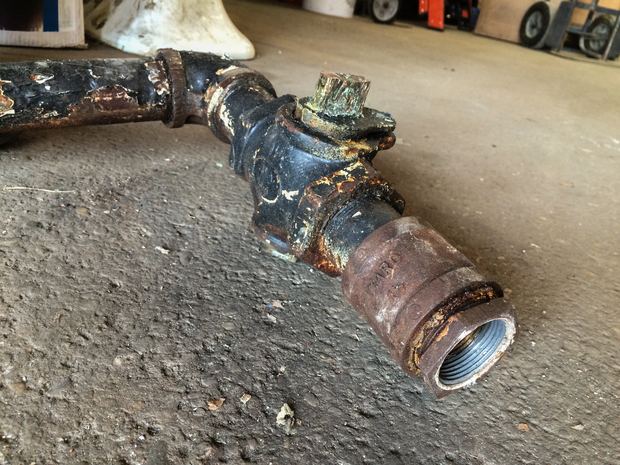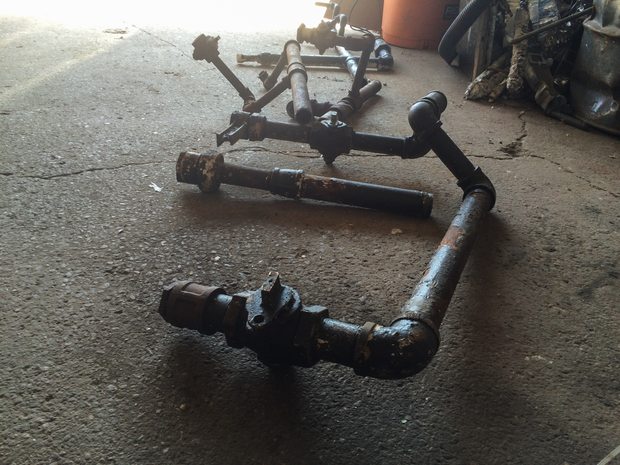
Potentially dangerous gas pipes across the city are not being checked and fixed because Department of Buildings inspectors don't have access, a WNYC investigation reports.
ConEd's responsibility ends at a building's meter. If the pipes inside a building are faulty or there's an illegal gas hookup — the suspected reason for the recent explosion in an East Village building — then it falls to the DOB.
The DOB relies heavily on residents calling 911 if they smell gas or suspect there's an illegal gas hook up. After the call comes in, the department sends out an inspector. But if the inspector is unable to enter the property after repeated visits, the complaint is closed.
An official with the DOB said it continues monitoring those buildings and officials can get an access warrant to enter the building if necessary.
Yet concerned master plumbers have found a surprising number of dangerous gas pipes that go unchecked and are leaking gas.
WNYC findings from 2013-April 12, 2015, using Department of Buildings data:
- The DOB has received 1,200 complaints about illegal or defective pipes; they have issued 285 violations.
- Of those 1,200 complaints, the DOB was unable to gain access to the complaint site 415 times.
- This is most common in Queens; inspectors were unable to gain access for 205 of 375 complaints, more than half.
- In New York City, there are currently 1,246 active master plumbers, licensed professionals who are the only ones allowed to install gas lines and have the authority to inspect them for safety in lieu of a DOB inspector. There are more than 800,000 buildings in the city.
Sal Vigilante is a third generation Master Plumber and owner of Vigilante Plumbing. He was so horrified by the gas explosion in the East Village that he began offering all his customers a free gas leak test. "We’re finding there’s a lot more lines are leaking than we even anticipated," Vigilante told WNYC. Within a few days, Vigilante Plumbing found five leaks; two were so dangerous he shut off gas to the entire building.
While gas explosions that bring down buildings are relatively rare, Timothy Hogan, deputy Commissioner of Enforcement at the Department of Buildings, said that illegal gas hooks, like the one suspected in the basement of the East Village sushi restaurant, are common. “Do we think this is a situation that often happens often with illegal conversions? Yes.” Hogan said his agency relies on the public to call 911 if they believe there’s a gas leak or an illegal hook-up. “A lot of this comes down to that you, as the tenant in the building, should be partially responsible for your own safety.”
Laid out on the ground at the Vigilante Plumbing Warehouse in Boerum Hill, Brooklyn, are leaking gas pipes that have been recently removed. Pointing at one (above), Sal Vigilante easily diagnosed the problem. “The fittings here are installed in such a way that if the pipe was to hang, it would actually unscrew itself. It’s supposed to tighten itself,” he said. “You find a lot of that kind of stuff where the fittings are old or they use the wrong fittings.”
Vigilante said that for decades, rather than installing a new coupling that would create an airtight seal, frugal and (most likely) unlicensed plumbers would use the fittings attached to the pipe during shipping. Those pieces were only intended to protect the pipe temporarily and were never supposed to be used in pipes with flowing gas.
“They leak, they’re notorious for leaking, and they’re all over the city,” he said.



